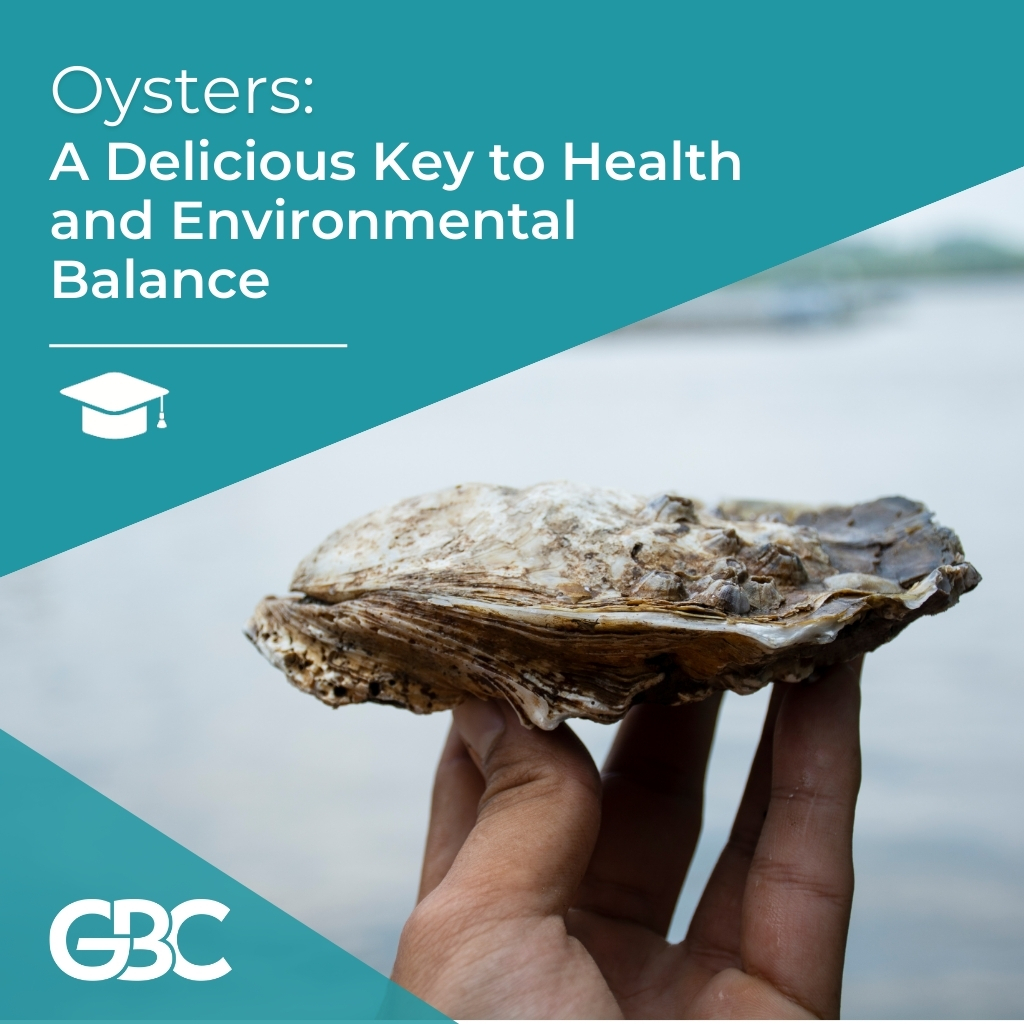The humble oyster is not only a treasured seafood but also holds a significant place in our ecosystem and well-being. These salt-water mollusks are powerhouses of environmental sustainability, health, and nutrition. From being a cheap and easy food source for the labouring workforce, oysters have transitioned to the tables of restaurants all over the world, showcasing their unique versatility and significance in our modern culture.
Oysters Through the Ages: A Historical Journey
Historically, oysters have been a staple in various cultures, with their consumption dating back centuries. In Roman times and the 19th century in America, oysters were highly popular, serving not only as a food source but also as a socio-economic influencer. Oysters even found their way into traditional recipes like stuffing in England as early as 1685, a practice that was carried over to America. [1]
In the ever-evolving journey of oyster harvesting, remarkable innovations paved the way for more streamlined and abundant collection methods. Historically, the harvesting of oysters was a hands-on affair, with collectors painstakingly gathering them one by one, or employing the use of specialised tongs. A significant shift occurred in the 1800s – fishermen turned to dredges. These were essentially iron mesh bags designed to trawl across the seabed, capturing oysters that lay beyond the reach of tongs. [2]
From 1880 to 1910, we witnessed a golden era in oyster harvesting. It was a time when the industry reached its peak, with the annual yield of oyster meat soaring to an astonishing 160 million pounds (about 72574720 kg). [3] This period, marked by intensive exploitation, did have its drawbacks, such as environmental strain. However, it also resulted in an unprecedented bounty of oysters, satiating the growing demand and leaving a lasting imprint on the industry.
Oysters' Contribution to Ocean Health
Ecologically, oysters play a crucial role. They are known for their water-filtering capabilities, with a single adult oyster filtering up to 189 litres of water a day, and significantly improving water quality. [4]
Reefs that are elevated help to keep oysters above the silty bottom, expose them to food-rich currents above and provide complex habitats that nurture a variety of marine life. Tall oyster reefs act as natural buffers against coastal erosion and storm surges. They help to dissipate wave energy, protecting shorelines from the full force of storms and reducing the impact of waves, thus helping to prevent coastal erosion. This function is increasingly important in the face of climate change, which brings more frequent and more powerful storms and coastal erosion. [5]
Harnessing the Health Benefits of Oysters
Having explored the vital role oysters play in sustaining marine ecosystems and protecting our coastlines, these bivalve mollusks are not only essential marine invertebrates, but also nutritious superfoods. Oysters are brimming with essential vitamins and minerals. They are particularly renowned for their high zinc content, which may help to support healthy immune function, wound healing, and overall cellular health. [6][7] Zinc in particular, is important to supplement in your diet since zinc deficiency is the fifth leading risk factor for disease associated with several disorders and infections, especially diarrhoea. [8] Smidge® Oysterzinc, a 100% oyster extract, is a great source of naturally occurring zinc, and contains no GMO, fillers or additives.
Smidge® has combed the world to find the best oysters for you and your customers by partnering with a small aquaculture family in Ireland, where long-time oystermen sustainably harvest oysters from the sparkling Atlantic coastline. Oysterzinc is made in small batches from only the meat extract of the oyster and each bottle contains the goodness of over 60 hand-shucked oysters. The process involves slow, gentle convection drying under a low temperature to preserve bioactivity and nutrient integrity, making for the most potent oyster extract around.
In conclusion, oysters have a rich history and play a multifaceted role in environmental sustainability, health, and nutrition. Their cultural significance, ecological benefits, and nutritional value highlight their broader importance in our world. Try Smidge® Oysterzinc for you and your customers today!
References:
[1] Oyster stuffing: unraveling its origins
[2] History of oystering in the United States and Canada, featuring the eight greatest oyster estuaries (PDF)
[3] Ruge, J.G. 1898. Florida oysters. Fishing Gaz. Mar. 26: 193-194
[4] Water cleaning capacity of oysters could mean extra income for Chesapeake Bay growers
[5] Contemporary oyster reef restoration: responding to a changing world
[6] Zinc intakes and health outcomes: an umbrella review
[7] Zinc and its importance for human health: An integrative review
[8] Zinc nutrition and human health: Overview and implications
Oysters: A Delicious Key to Health and Environmental Balance

February 12, 2024



